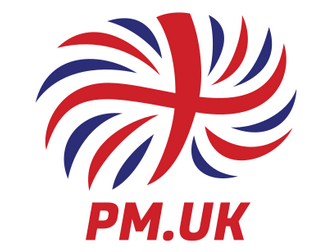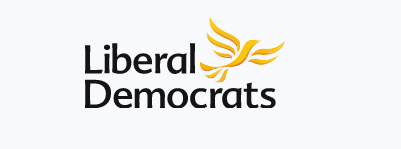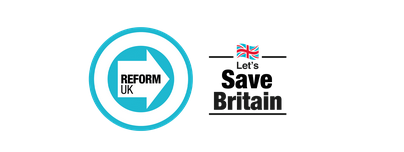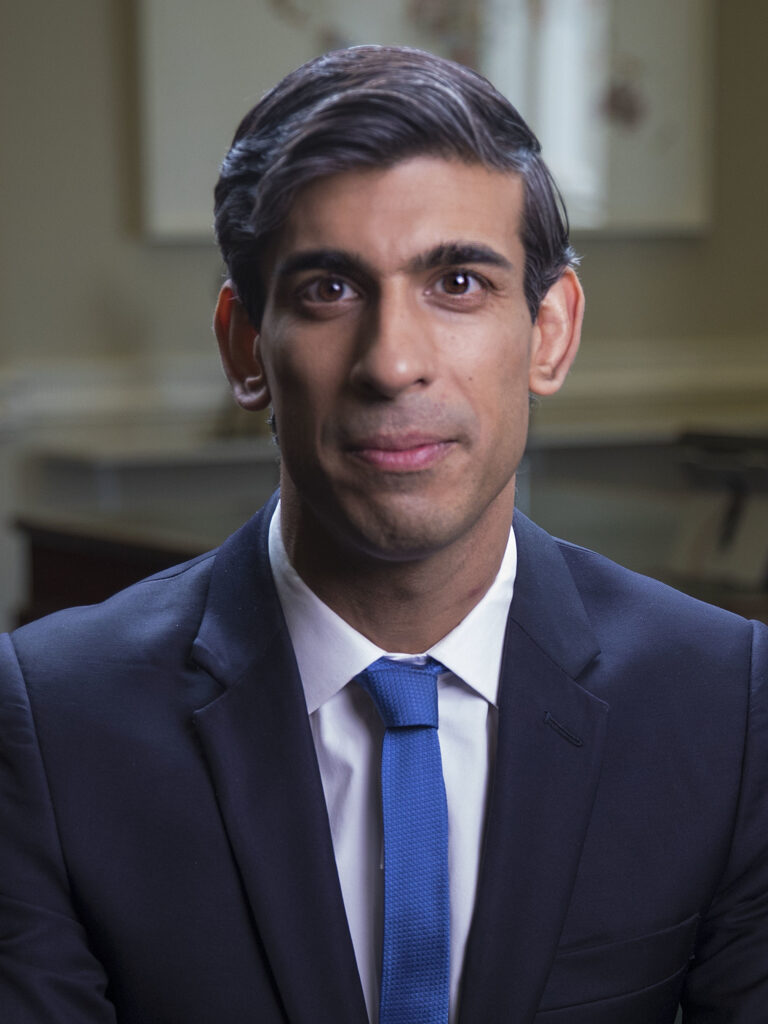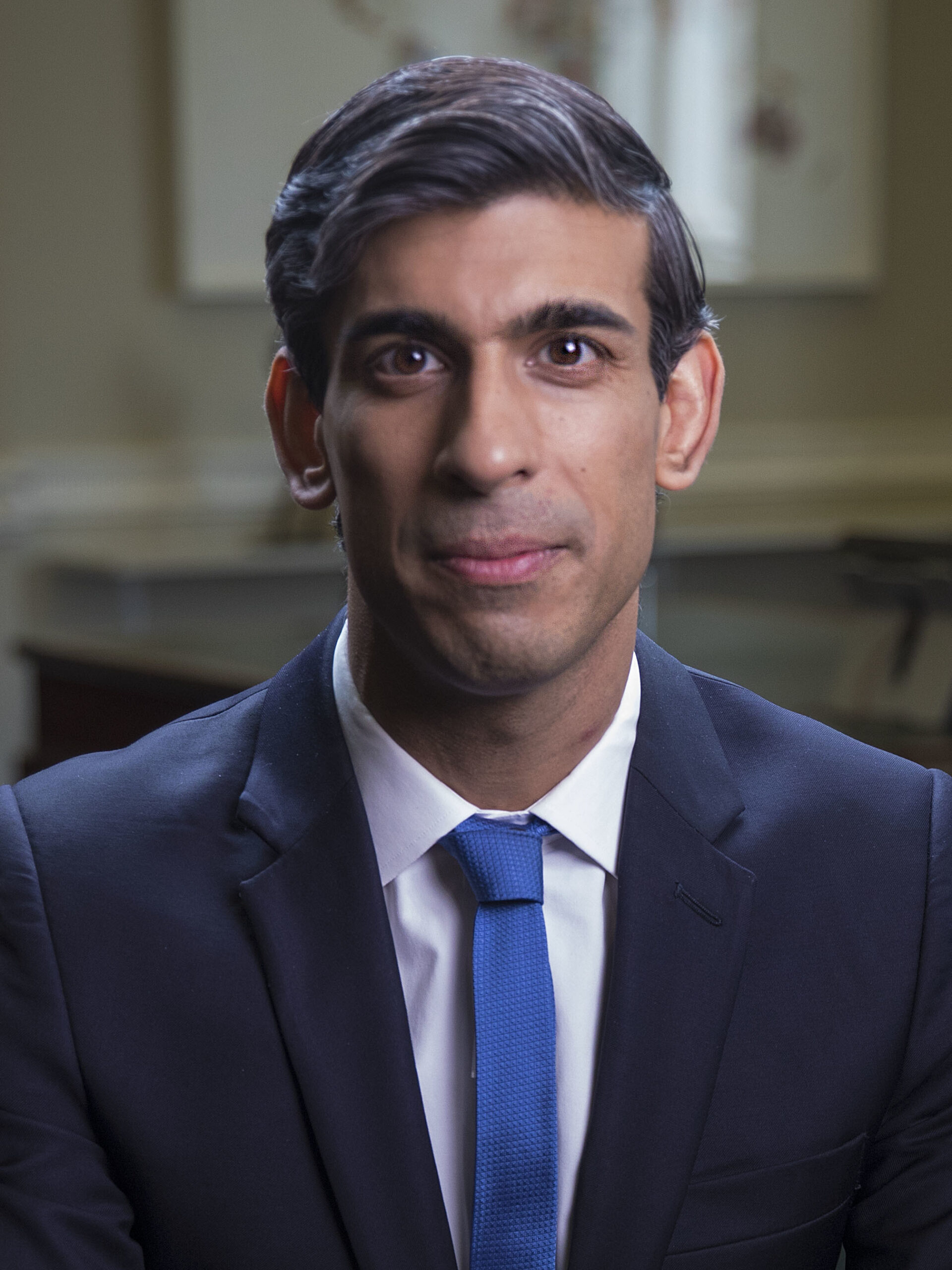✨ Key Achievements
1. Economic & Public Service Investment
- Chancellor Rachel Reeves launched “securonomics”: a major capital investment programme (~£113 bn) focused on infrastructure, clean energy, AI, and public services, the biggest tax rise since 1993 to pay for it (labourfuture.co.uk).
- The NHS received a £29 bn boost, resulting in a ~5 % reduction in waiting lists (Financial Times).
- Minimum wage rose to £12.21/hr, a 6.7 % increase (Asian Voice).
2. Housing & Planning Reform
- Ambitious but under-delivering 5-year target to build 1.5 million homes; however, planning approvals dropped to a 13‑year low (Financial Times).
- The National Planning Policy Framework and Planning Bill introduced greenbelt “grey belt” development and reinstated mandatory housing targets (Planning, Building & Construction Today).
3. Immigration & Border Policies
- Introduced a bilateral “one in, one out” scheme with France to manage small boats and launch legal asylum pathways (Financial Times).
- Deportations increased, ECHR reforms advanced to speed up removals, while Channel crossings continued to rise (~45 %) (The Guardian).
4. Welfare and Workers’ Rights
- Employment Rights Bill introduced: expanded protections against unfair dismissal, strengthened rights from day one, and addressed zero-hours contracts (The Guardian).
- Welfare reforms included cuts to the health component of Universal Credit and stricter PIP eligibility for new claimants; this triggered a backbench rebellion (47–50 MPs) (The Guardian).
5. Global & Strategic Moves
- Strengthened UK–US trade relations, backed Ukraine, and secured a France immigration accord alongside broader defence agreements .
- Launched Great British Energy Act and National Wealth Fund to drive clean energy and heavy‑industry decarbonisation (Asian Voice).
🚩 Major Criticisms & Challenges
Economic Performance & Fiscal Tension
- Growth has been sluggish: early 2025 saw near-zero GDP growth, with OBR halving its forecast to ~1 % (The Times).
- A fiscal “black hole” (~£22 bn) inherited from Conservatives forced tax/NI hikes and spending cuts (ii.co.uk).
- Employer NI rises and VAT on private schools sparked backlash; “fiscal drag” froze thresholds, inadvertently raising taxes (The Times).
Messaging & Leadership
- Labour’s brand of cautious, managerial politics has led critics to say it lacks vision and boldness (labourfuture.co.uk).
- A string of PR missteps over fuel payments, gifts scandal, and civil service appointments have dented internal unity .
Voter Sentiment
- Traditional Labour supporters feel alienated: many cite betrayal on welfare/housing, claiming the party seems more Conservative-lite (The Guardian).
- Approval ratings are low: 47–72 % view the government as ineffective or chaotic, 72 % say it’s as chaotic as its predecessor (The Times).
- Pessimism abounds: YouGov found 59 % disapproved of Labour at 100 days, 39 % think the country is worse off (YouGov).
🔍 Balanced Perspective
- What’s working: Rebuilding public institutions (NHS, housing and worker protections), investing in green energy and infrastructure, diplomatic gains.
- What needs fixing: A clear “narrative” tying reforms together, stronger leadership messaging, addressing economic stagnation head-on, and retaining core supporters.
Think tanks like the Institute for Government argue that the government must combine coherent vision with bold policy and polish communication (Institute for Government).
📝 Summary
| Area | Positives | Concerns |
|---|---|---|
| Economy | Investment-led approach, stable markets | Growth weak, inflation and tax drag biting |
| Public Services | NHS funding, waiting list reductions | Workforce shortages remain |
| Housing | Planning reforms | Deliverability faltering, approvals at 13-year low |
| Welfare/Benefits | Employment rights protections | Benefit cuts sparked internal rebellion |
| Immigration | Pragmatic policies, France deal | Crossings still rising, rights concerns |
| Politics | Diplomatic gains, defence strategy | Voter disillusionment, messaging lacks clarity |
✅ Verdict:
Labour’s first year featured solid policy groundwork and public-service investment, but was overshadowed by economic headwinds, messaging missteps, rebel backlash, and voter unease. The critical next phase: deliver tangible growth and reconnect with core supporters while refining public narrative and internal cohesion.
